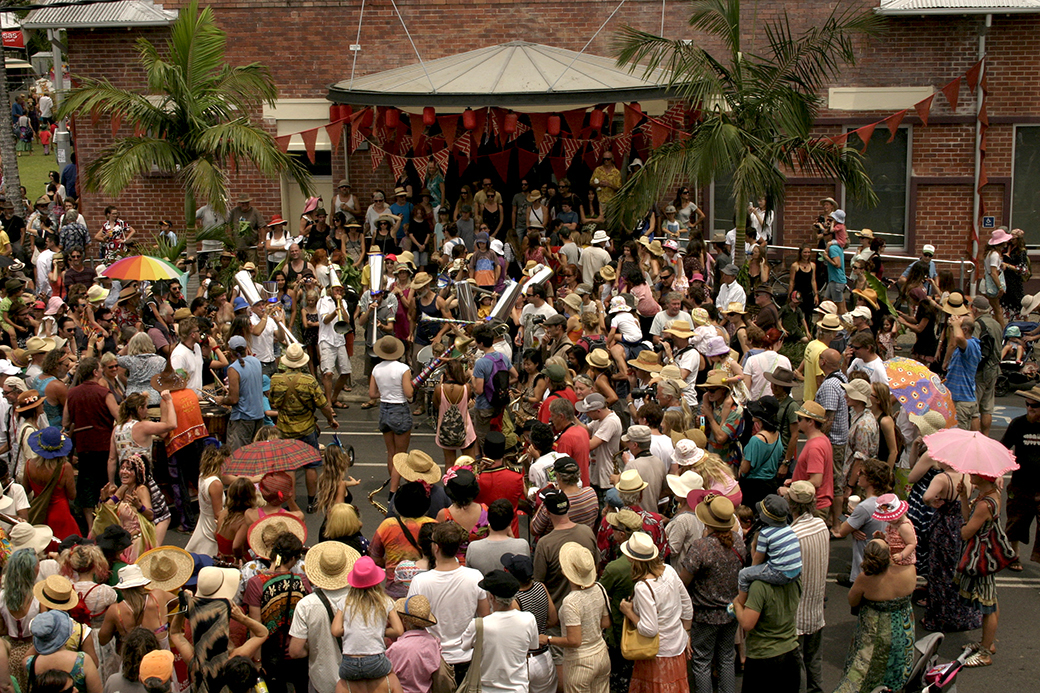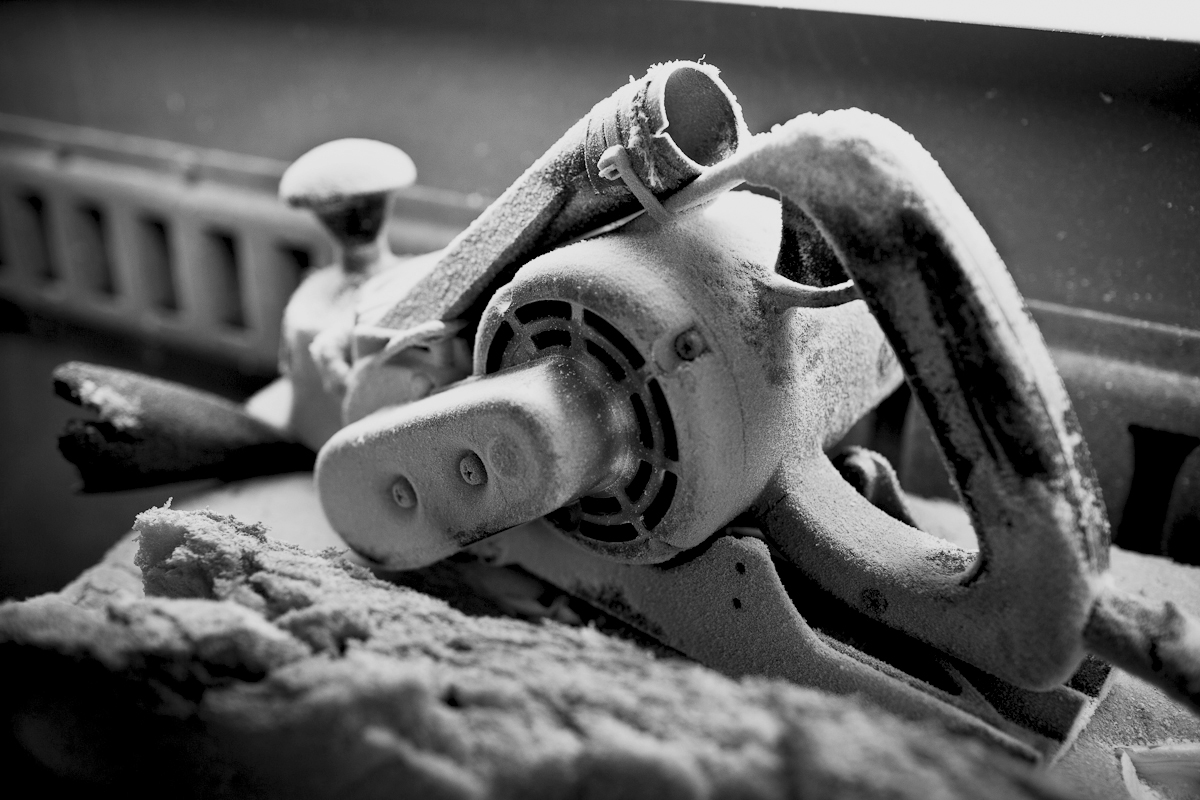
UNVIRONMENTAL | A QUEST FOR SUSTAINABILITY
I heard a quote recently that has buried its way deep inside my mind and heart and, like some wonderful and beneficial parasite, has been steadily growing within me, overcoming me and permeating every aspect of my existence.
It comprises just four concise words: “Live an examined life.”
When I first heard this simple yet profound phrase I shrugged it off with egotistical arrogance; “I live a life in consciousness – I recycle, I pick up garbage, I’m vegan, I give to charities, do volunteer work, don’t judge, hold no prejudice,” and on it went.
Pretty soon, I had large welts on across my shoulders from all the ego-driven back-patting I was doing. But then I realised, this is not what the quote meant. I feel justified in saying I can be proud of a small percentage of how I have chosen to live my life, although I am the first to admit my own shortcomings and hypocrisy. But let’s look at those words again: “Live an examined life.”
It’s not about ditching your creature comforts, running barefoot into the forest, throwing two fingers to The Man and making like a caveman. What Patagonia founder and economic activist Yvon Chouinard was driving at with this simple phrase was to live your life however you want but examine every aspect of it to ensure that, whatever it may entail, it is done in the most ethical, sustainable way possible…and my ego cowered in shame.
Chouinard is the founder of a multi-billion dollar, international apparel company, so for him to suggest this of us seems a little condescending at best, hypocritical clap-trap from someone whose swollen bank account affords him the comfort to declare such things. But he leads by example, and always has, since the below-breadline days of Patagonia’s formative years and every step of the way through the company’s phenomenal success. And he is quick to admit that his is far from a perfect business.
“No human economic activity is yet sustainable”, Chouinard openly states. This made me begin to look, to delve, to examine my life and, in no time at all, I realised there was so much more we could all be doing in our daily existence. I began to see that much of what may look environmentally sound on the surface is actually nothing more than cosmetic sustainability.
Let’s take the example of bamboo. We all think of bamboo as the eco-saviour of our clothing industry. After all, bamboo grows incredibly quickly, it’s readily available, will grow pretty much anywhere and isn’t at all toxic. Bamboo fabrics are wonderfully soft and excellently durable, but let’s start digging.
Obviously we can’t just weave bamboo. It needs to be broken down into cellulose fibre that can then be used to create yarn and fabric. To do this, for the vast majority, manufacturers employ solvents and toxins to dissolve the bamboo and extract the cellulose – known as the viscose process. Without getting too technical, sodium hydroxide and sulphuric acid are among the nasties used, an estimated 50 percent of which seeps into the environment. Not so eco after all.
So, what is the solution? Unfortunately, certainly within the clothing industry, there really isn’t one – the best we can do is our best. Investigating the possibility of closing the loop on their polyester products, Patagonia discovered a company in Japan that can take polyester garments, chop them up, melt them down and recreate polyester yarn without any deterioration in the material. Patagonia began recycling garments in earnest as part of their Common Threads scheme, but they soon found that having to ship these items to Japan, process them, remanufacture them and ship them back was actually more environmentally detrimental than using virgin polyester.
So should we all buy hemp products? Well, this too holds its problems. It is a wonderful fabric, organic, degradable, natural. But then you need to examine whether it has been created in the most environmentally and ethically beneficial way possible. Who are the farmers? Do they use pesticides? How much irrigation is used and does this leach pollutants into riverways and nutrition from the soil? Does it serve your requirements and how long will it last?
If you purchase a 100% recycled or organic product, it’s wonderful for the environment. But if that garment has half or even a third of the lifespan of something that is only 50% recycled then you are, in effect creating just as much garbage and manufacturing pollution and waste and negating all the benefits you thought you were creating.
This is reflected in a material incorporated into Patagonia’s range, Yulex – a plant-based neoprene now being used in certain lines of their wetsuits. Through their research, they have found it to not have the flexibility, comfort or longevity required to warrant its use exclusively. And so they have blended it, using conventional neoprene and other fabrics to subsidise the Yulex and develop a suit with a significantly environmental percentage without forfeiting the quality and sustainability of the product itself.
It isn’t just the fabrics – the organic cotton, the recycled polyester, the Yulex or the organic, cruelty-free wool – that Patagonia uses that is scrutinised. No sweat shops, minimal transportation and manufacturing pollution, ethical suppliers, renewable energy, recycling, supporting charities and on and on it goes.
Not just the retailer or manufacturer is accountable in living an examined life. As consumers, we should continually ask ourselves do we really need this product, do we know where it came from, do we know if any suffering or unethical practice was involved in it coming to our hands? There are so many stages to every product arriving on the shelf that many we will never know, but we need to dig, and we need to demand.
In his book, “The Responsible Company”, Chouinard divulges some stunning facts:
– Just one t-shirt, made of organic cotton, uses enough water in its manufacture for the minimum daily allowance (three glasses) of 900 people.
– That cotton industry creates over 165 million tons of greenhouse emissions annually.
– A single, gold wedding band creates over 20 tons of mining waste.
The facts and figures are mind blogging and endless. So what can we really do? We must examine. We must think about every stage of our consumerism. Buy local, refuse plastic, use sustainable products, reduce chemical use, give to op-shops or friends or relatives and conversely, shop second-hand, go to garage sales and, to utilise another Patagonian mantra, “Reduce – Repair – Reuse – Reinstate – Reimagine – Recycle”. Do we really need everything that we buy – our clothes, our comforts, our food, our homes? We don’t have to change our lives very much at all, we just need to start seeing the bigger picture.
We only have one little planet and a finite amount of resources – we can’t keep taking and giving nothing back. It’s time to start the examination.
– This article first appeared on Common Ground Australia on Feb 3, 2014

iBARK | FROM A DiFFERENT PERSPECTiVE
SHE, IN SOLITUDE
You May Also Like

13,000 DAYS
July 21, 2015
IT IS WHAT IT IS | MULLUM MUSIC FESTIVAL
May 30, 2015


